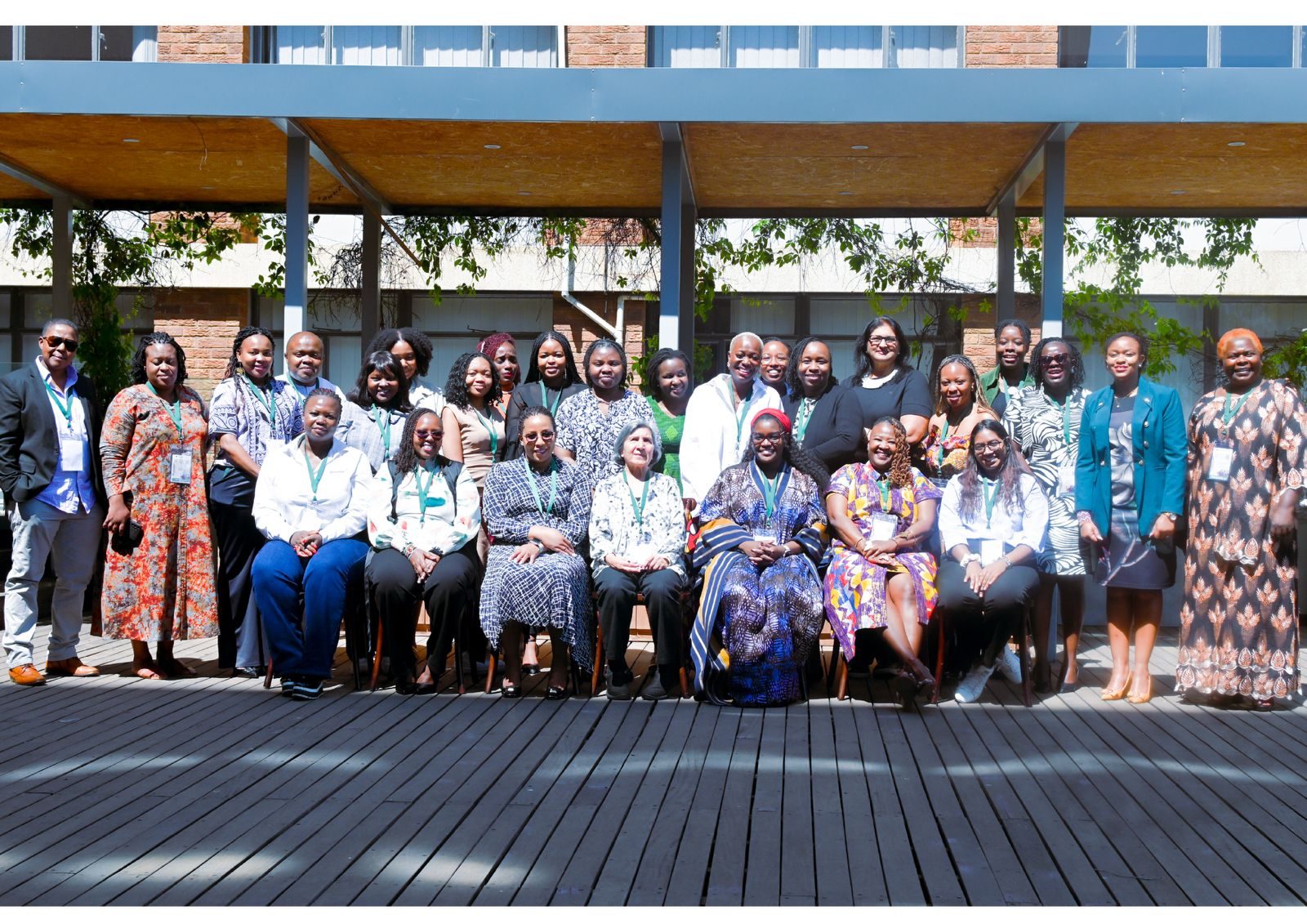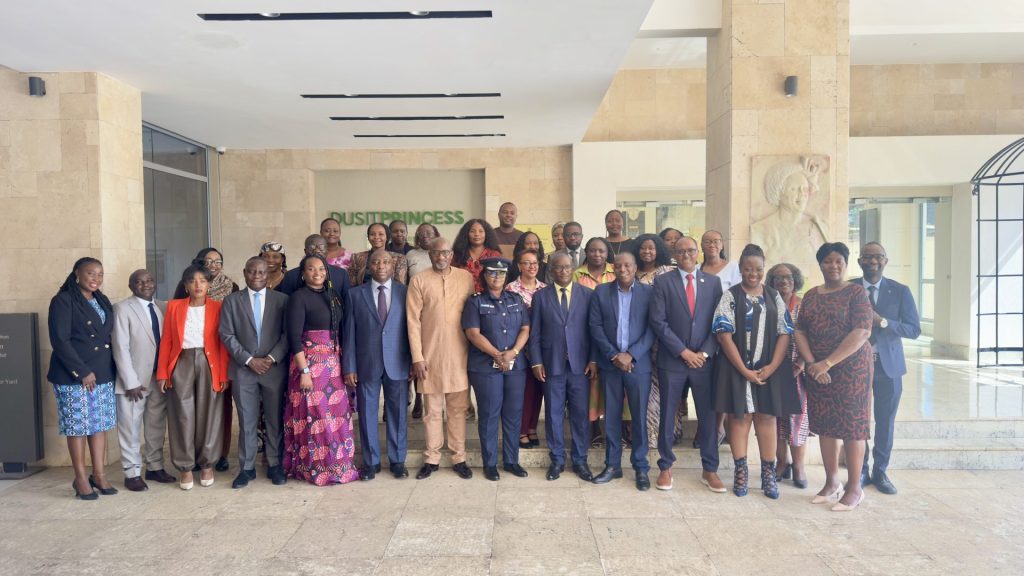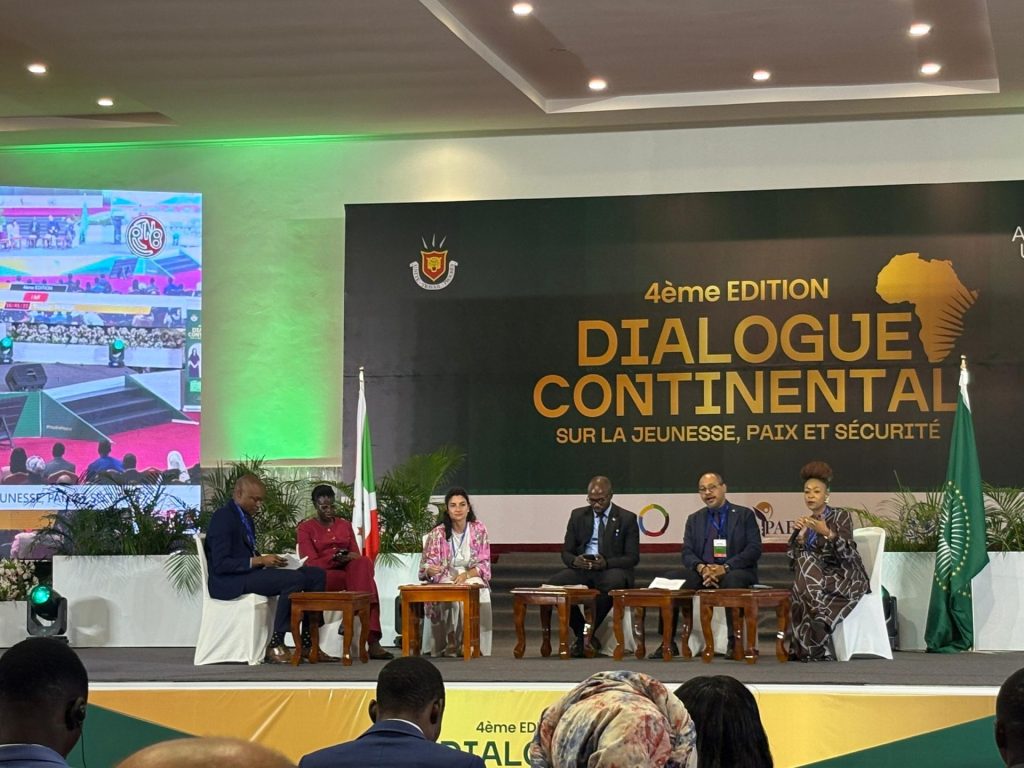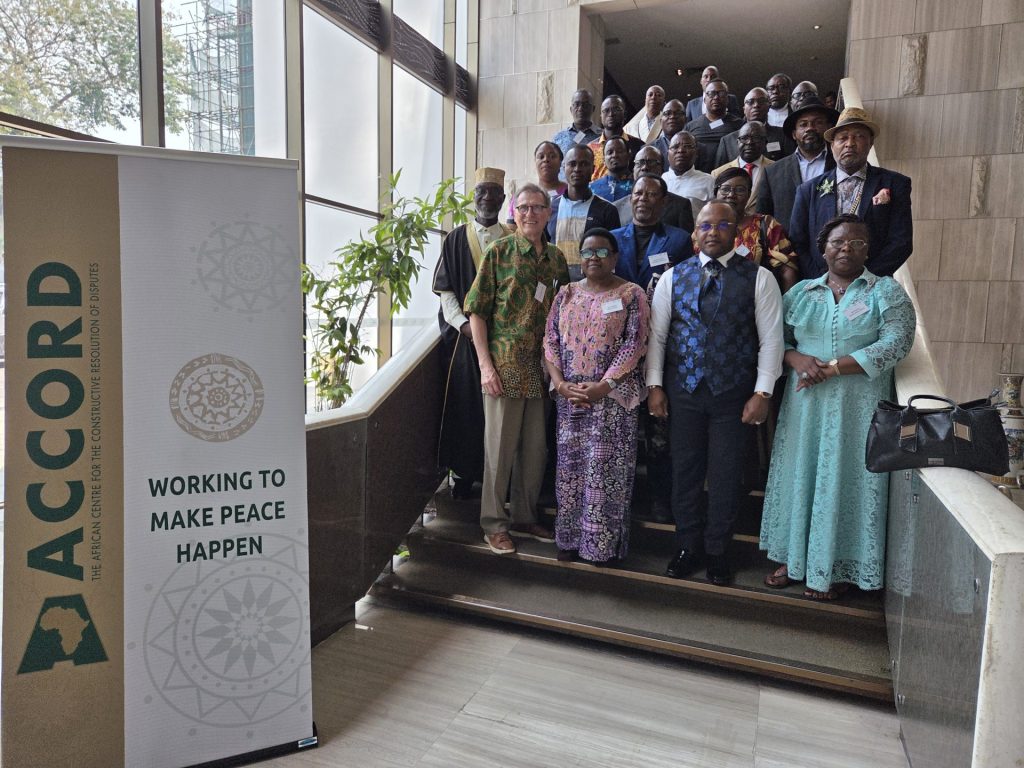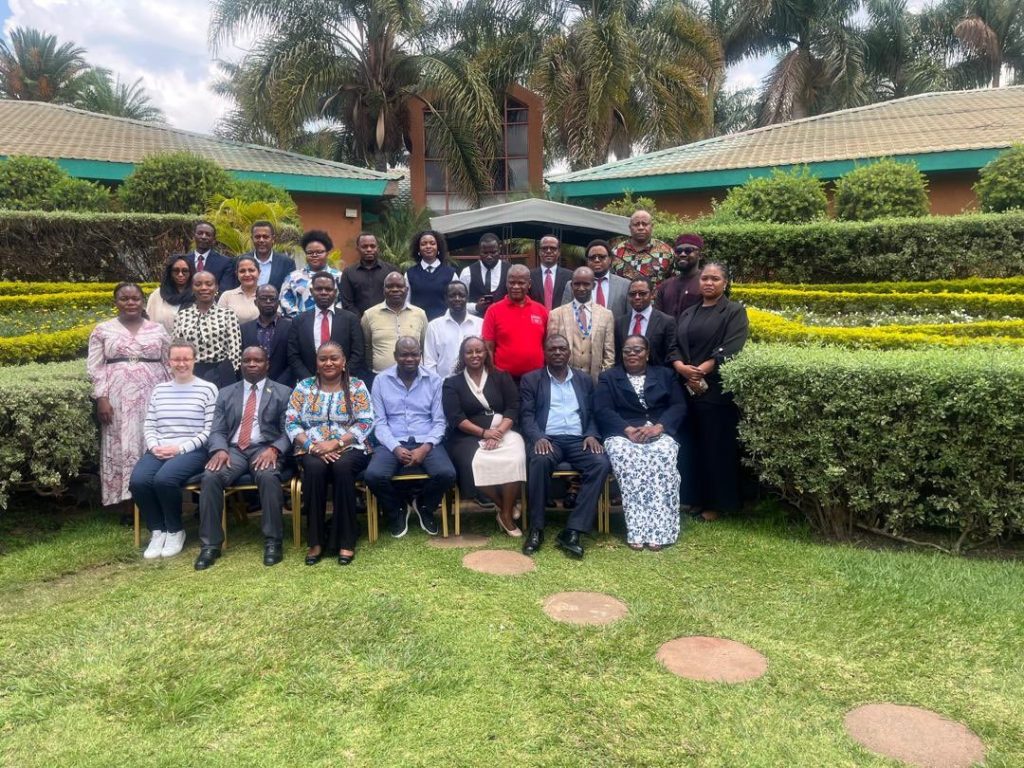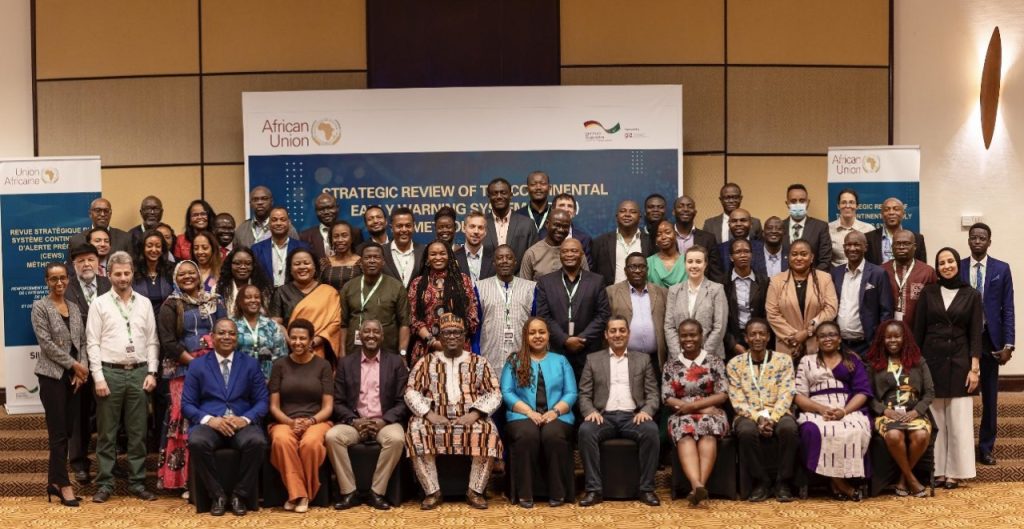The GIMAC Network, represented by ACCORD in its capacity as Vice-Chair, participated in the first-ever Public Reading of the Convention on Ending Violence Against Women and Girls (CEVAWG) held in Johannesburg, South Africa from 15 – 17 September 2025. The consultation brought together human rights activists, lawyers, and academics to critically examine the draft instrument in its entirety, marking an important milestone in advancing a comprehensive and rights-based continental framework.
The session commenced with an overview of the drafting journey of the Convention, followed by a comparative analysis with the Maputo Protocol to assess areas of alignment and divergence. Participants also reflected on the framing of definitions, the proposed monitoring and accountability mechanisms, and the processes for signature, ratification, and accession.
A distinctive feature of the methodology was the appointment of designated “readers” who presented each article of the treaty. After each reading, participants evaluated the article from both human rights and legal perspectives, applying a traffic-light scoring system: green for provisions deemed fit for purpose, amber for those requiring minor revision, and red for those falling short of treaty standards. The evaluation was complemented by concrete recommendations aimed at strengthening the articles to ensure that the rights of women and girls are not only recognised but can be meaningfully exercised.
Overall, the Convention was positively received, with participants acknowledging its transformative potential. However, the consultation also underscored the need for further refinement to guarantee that the CEVAWG meets international standards and fully protects women’s rights. As a key outcome, a new campaign titled “Paused for Purpose” was launched, calling for a temporary pause in ratification until the treaty is strengthened to be fit for purpose.
The public reading served as an important platform for collective scrutiny and inclusive dialogue, reaffirming the power of collaboration between legal experts, civil society, and academia. Through such engagements, stakeholders continue to shape instruments that will have a lasting impact on the advancement and protection of women’s rights across Africa.

